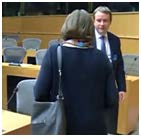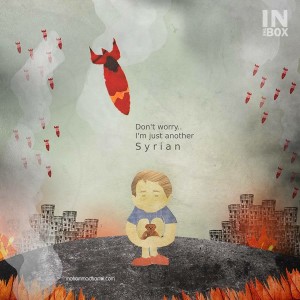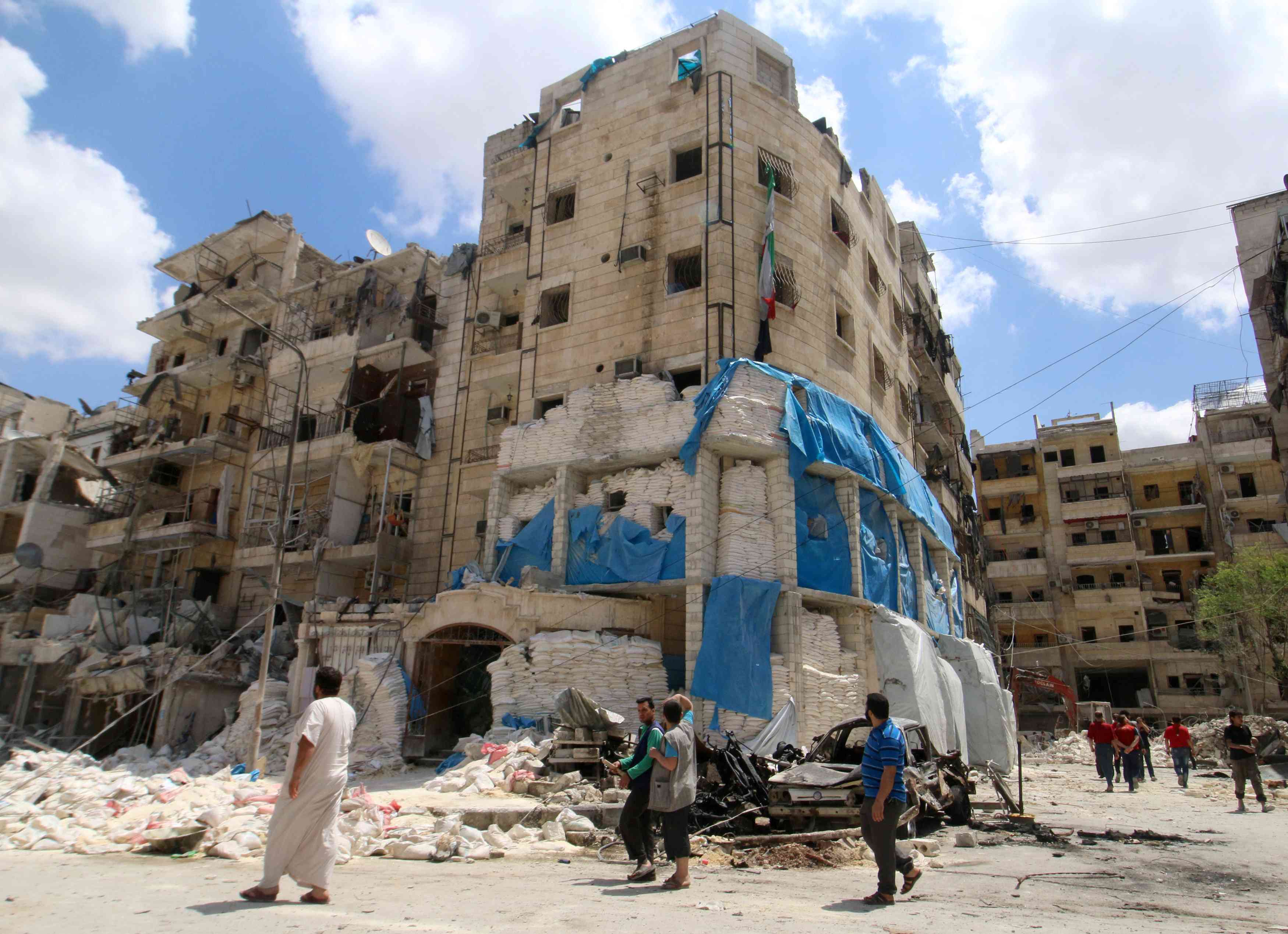2 May 2016 – Following the anti-Magnitsky event held at the European parliament last Wednesday, and attended by Russians included on European Parliament’s sanctions list, today leading members of the European Parliament have called on Federica Mogherini, EU’s foreign affairs chief, to implement Magnitsky sanctions in Europe.
The call on Federica Mogherini, in charge of EU’s foreign policy, is signed by Elmar Brok, Chairman of the European Parliament Committee on Foreign Affairs, Rebecca Harms, president of The Greens – European Free Alliance group, Guy Verhofstadt, chair of the Alde Group, and other members of the European parliament fromEPP, ECR, S&D, Alde, and Greens/EFA political groups.
Two years ago, on 2 April 2014, the European Parliament adopted a resolution calling on the EU Council of Ministers to sanction 32 Russian individuals, connected to the case of Sergei Magnitsky and his killing in Russian police custody after exposing the US$230 million fraud. Since then, no action was taken by European External Action Service. In January 2015, Ms Mogherini advised the European parliamentarians she did not think it was a good policy.
Last week, on 27 April 2016, a delegation of Russians, including Pavel Karpov and Andrei Pavlov who are No 7 and No 15 on the European Parliament’s Magnitsky Sanctions Resolution list, attended an anti-Magnitsky event at the European parliament in Brussels, which was widely covered by Russian media. The event was organized by Heidi Hautala, MEP from Finland, to screen a defamatory film about Sergei Magnitsky produced by her Russian boyfriend, Andrei Nekrasov. The film falsely claims that Sergei Magnitsky had not been beaten in custody and had not named police officers in his testimonies for their role in the fraud to steal US$230 million from the Russian budget. Ms Hautala invited Andrei Pavlov and Pavel Karpov, two people on the 32-people sanctions list approved by the parliament, to attend the event.
“The presence in the European Parliament of two of these individuals, targeted by international sanctions, shows clearly the need for concerted EU action, and that HRVP Mogherini must finally bring the Magnitsky sanctions to the Council for adoption,” said the statement by leaders of the European Parliament.
“We, members of the European Parliament, strongly protest against the fact that two individuals named on a European Parliament’s sanctions list received access to and participated in an event in the EP held on 27 April this year … which appears to be used as part of a broader campaign to discredit critics of the Russian leadership, both inside and outside the country, and to denigrate Sergey Magnitsky’s personality and his tragic death in a Russian prison cell,” said leaders of the European Parliament.
Pavel Karpov and Andrei Pavlov are No 7 and No 15 on the European Parliament’s Magnitsky list, which recommends the EU Council of Ministers to impose visa sanctions and asset freezes on those who were involved in the crimes against Sergei Magnitsky.
#7: KARPOV, Pavel, born 27 August 1977;
#15: PAVLOV, Andrey (a.k.a. Pavlov, Andrei), born 7 August 1977;

Andrei Pavlov greeting Heidi Hautala, MEP, 27 April 2016
For more information, please contact:
Justice for Sergei Magnitsky
+44 207 440 1777
e-mail: info@lawandorderinrussia.org
www.lawandorderinrussia.org
www.facebook.com/russianuntouchables






